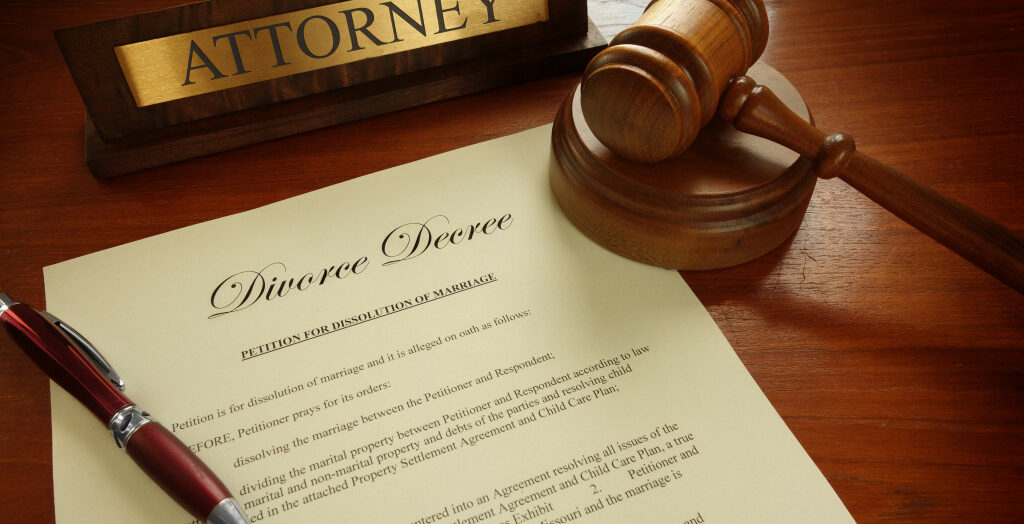Running a family business can be a tricky and stressful endeavor. The situation can become even more complicated if you are going through a divorce. You may wonder what will happen to your business in the event of a divorce. There are a few different scenarios that could play out, depending on the specifics of your situation.
For instance, if you started the business before you got married, you will likely be able to keep it in the event of a divorce. However, if you and your spouse started the business together, things may be more complicated. You will likely have to come to some sort of agreement about who will keep the company and how it will be divided.
If you can’t agree, the court may have to step in and make a decision. Whatever the outcome, it is essential to remember that your divorce will not necessarily mean the end of your family business. With careful planning and communication, you can ensure your business thrives, even after a divorce.
What Happens to Family Businesses in the Case of Divorce?
In the case of divorce, family businesses can often be caught in the middle. If the family business is considered to be a marital asset, it will be subject to division like any other property. This can be a complicated process, as the value of the business may not be easy to determine.
In addition, if one spouse is involved in the day-to-day operations of the business, there may be concerns about whether they will be able to continue working together after the divorce. As a result, seeking experienced legal counsel is essential if you are facing divorce and have a family business.
The Different Scenarios That Could Play Out
Divorce is always a complicated and delicate affair, but it can be even more so when a family business is involved. Several scenarios could play out in such a situation. For example, one spouse may choose to keep the business while the other receives a share of the profits. Alternatively, the company may be sold and the proceeds divided between the two spouses.
Or, one spouse may buy out the other spouse’s share of the business. Regardless of the outcome, it’s important to remember that a family business is a valuable asset, and it should be treated as such during a divorce. With careful planning and negotiation, it’s possible to reach an agreement that is fair to both parties and protects the interests of the business.

If You Started the Business Before Marriage
If you started the business before marriage, you are likely the business’s sole owner. This means you get to keep the business in a divorce, as it is considered your separate property. However, there are some exceptions to this rule. If your spouse helped you grow the business during the marriage, they might be entitled to a portion of the company. Additionally, if you commingled business and marital assets, your spouse may have a claim to some of the business’s assets.
For example, if you used marital funds to buy new equipment for the business, your spouse may be entitled to a share of those assets. Ultimately, whether your spouse is entitled to a portion of your business will depend on the specific facts of your case. Therefore, speaking with an experienced family attorney who can help protect your interests is important. The lawyer can help you calculate what you need to give your partner. However, if your partner is at fault for the divorce, the lawyer can help you get out without giving anything.
If You and Your Spouse Started the Business Together
If you and your spouse started the family business together, there are a few things to consider during your divorce. First, you will need to determine the value of the business. This can be done through a professional appraisal or a formula based on the company’s financial statements. Once the value of the business is determined, you will need to decide how to divide it between you and your spouse. If you cannot agree, the court will decide how to divide the asset.
In some cases, the court may order the business to be sold and the proceeds to be divided between the parties. Alternatively, the court may award one spouse the company, and the other spouse may receive other assets of equal value. When deciding on the family business, the court may consider their needs if you have children.
Ensuring Your Business Thrives After a Divorce
If you’re going through a divorce and own a business, you may be wondering how to protect your interests. After all, your business is likely one of your most valuable assets. The good news is that there are several things you can do to ensure that your business thrives after a divorce.
First, it’s essential to have an explicit separation agreement that outlines each spouse’s ownership stake in the business. This will help to avoid any confusion or disputes down the road. Secondly, you’ll need to ensure that all your business records are up to date and accurate. This includes everything from financial statements to employee records.
Finally, regularly communicating with your ex-spouse about the business is important. Taking these steps can help protect your business interests and ensure your company thrives after a divorce.
Given the high divorce rate in the United States, it’s likely that many family businesses will be affected by this process at some point. Divorce can be very disruptive, and business owners must plan and communicate carefully to minimize its impact on the company. In some cases, it may be necessary to suspend operations while the situation is sorted out temporarily. However, with careful planning and communication, it’s often possible to keep the business running smoothly during this difficult time.






